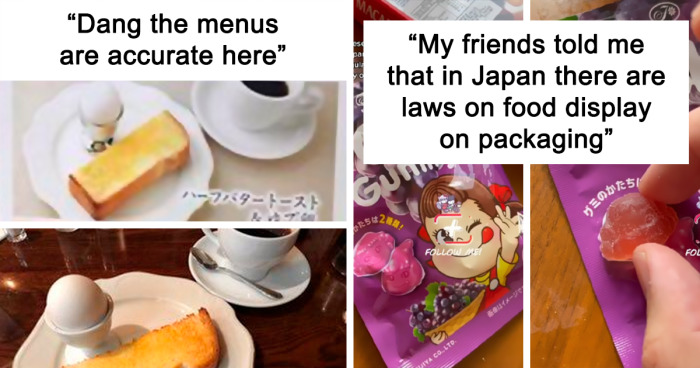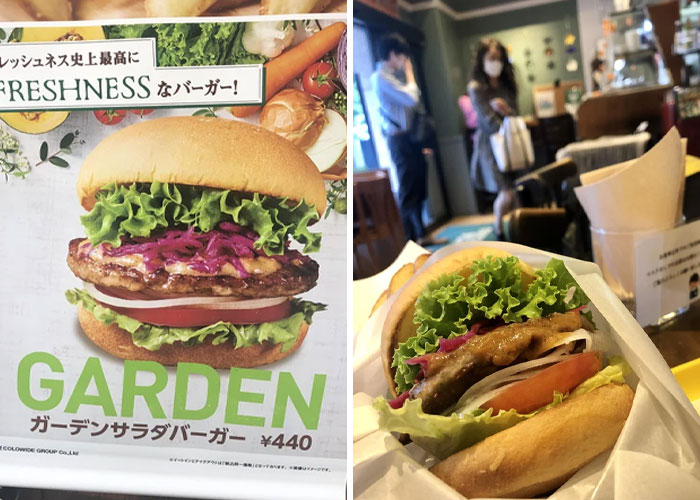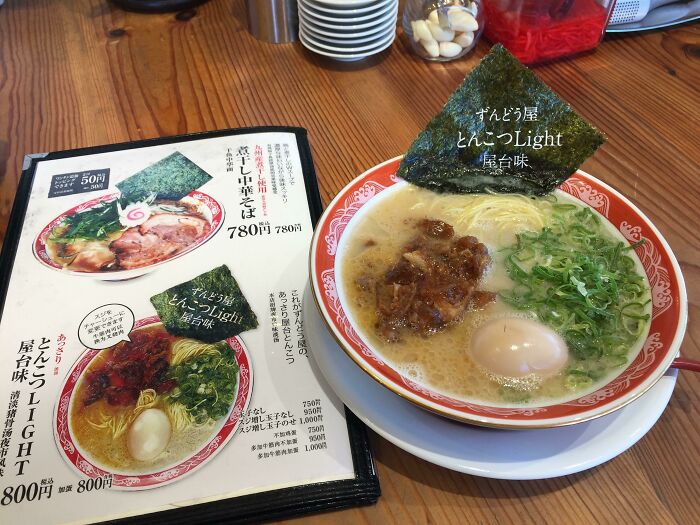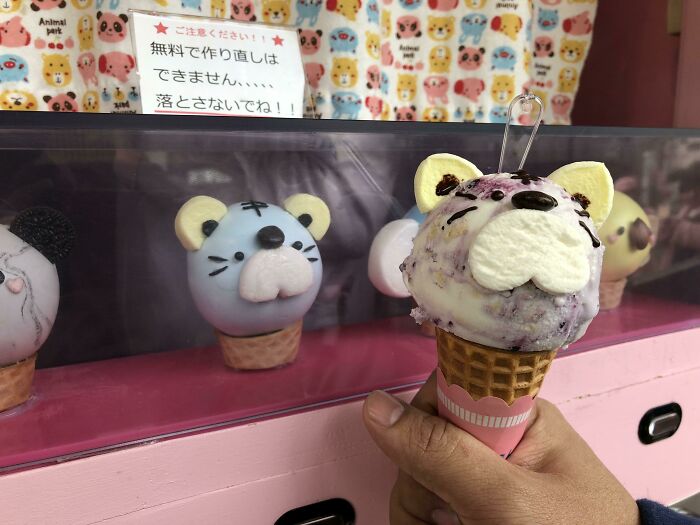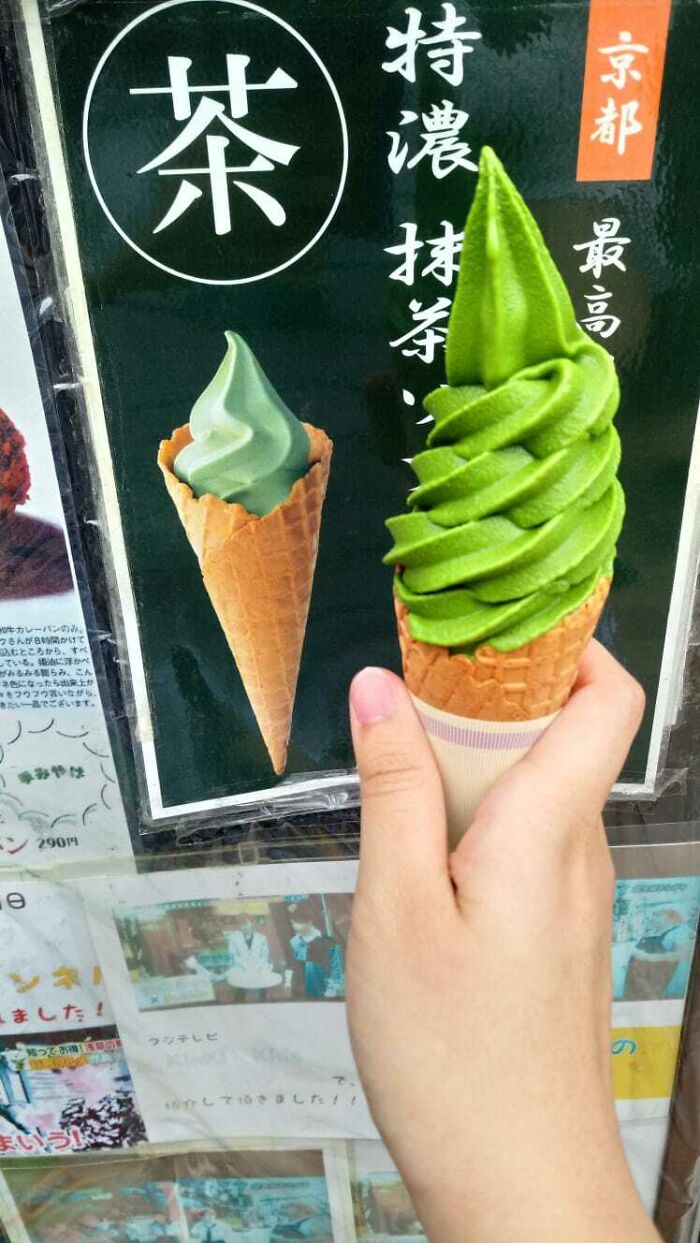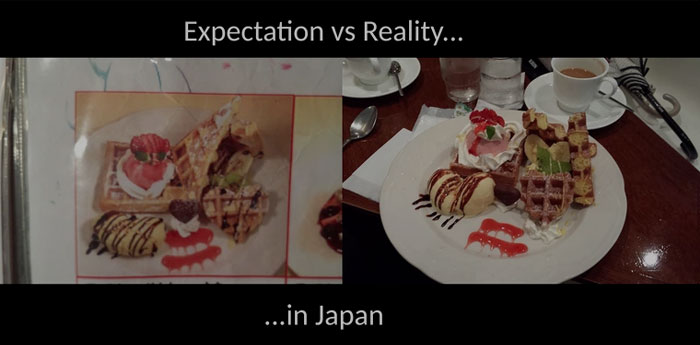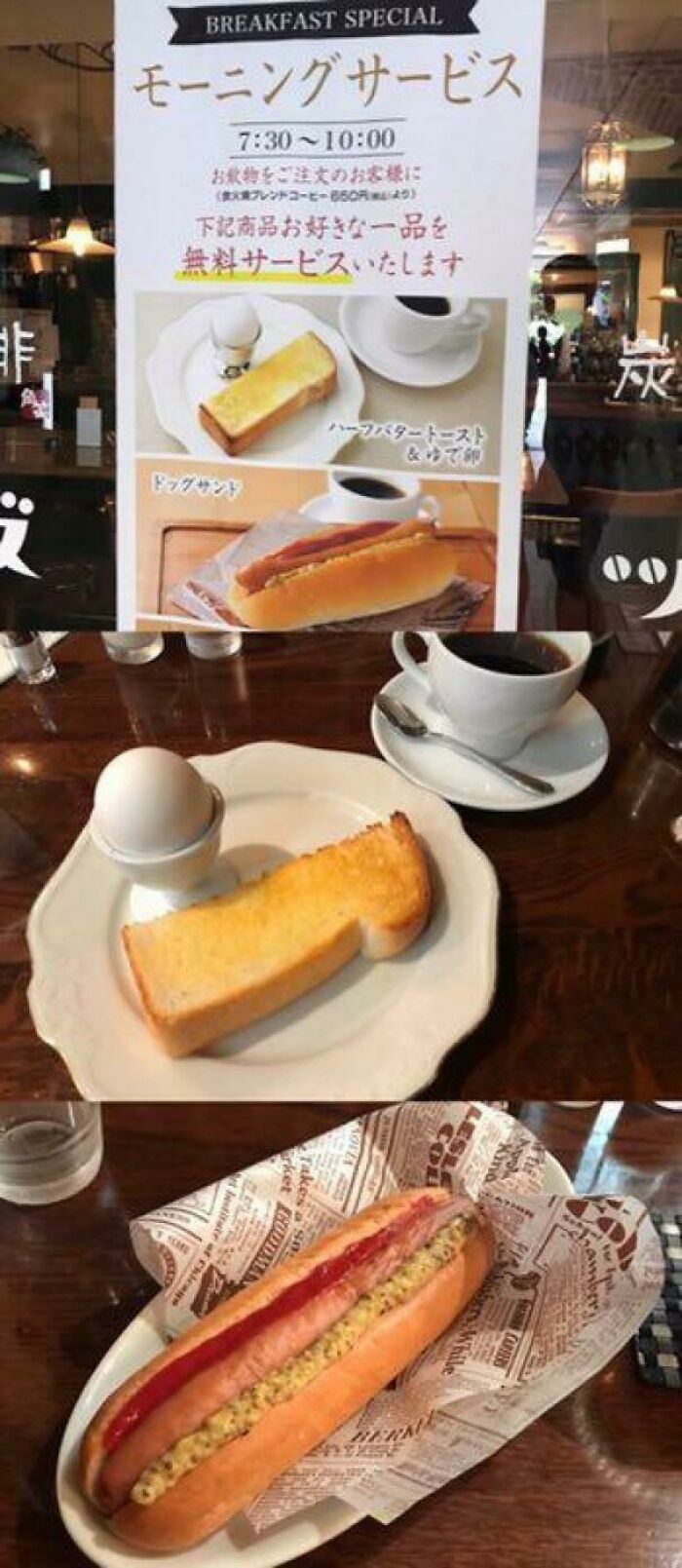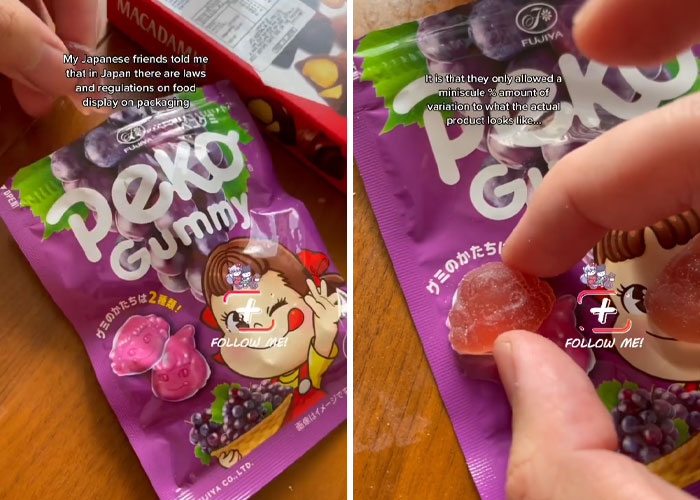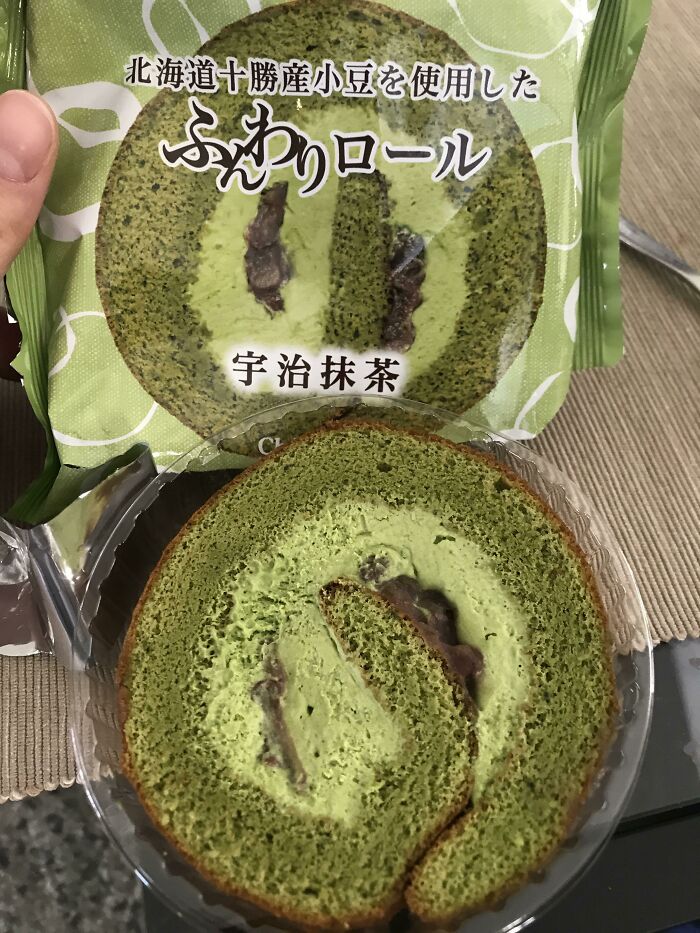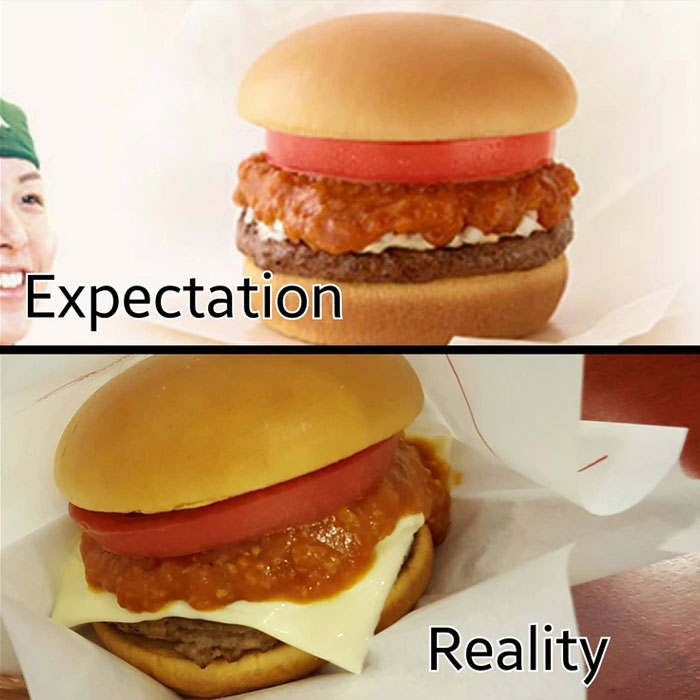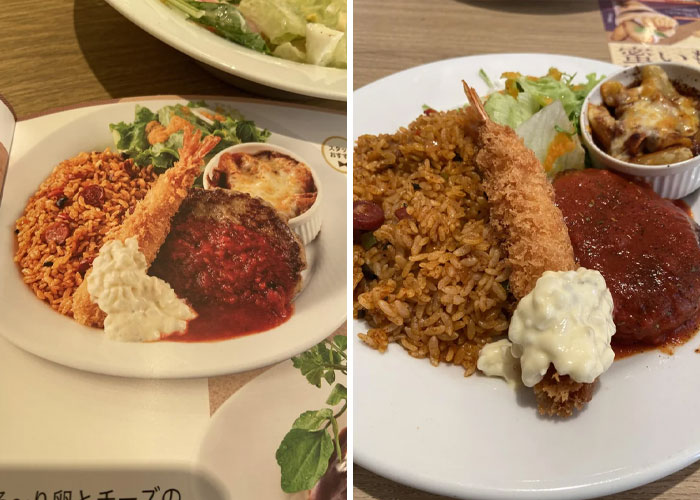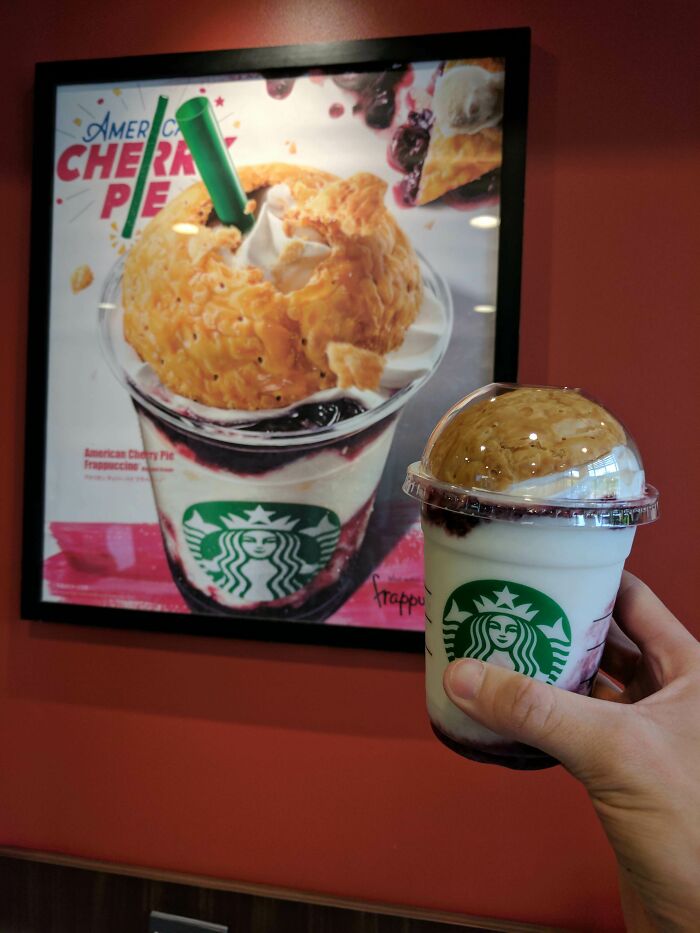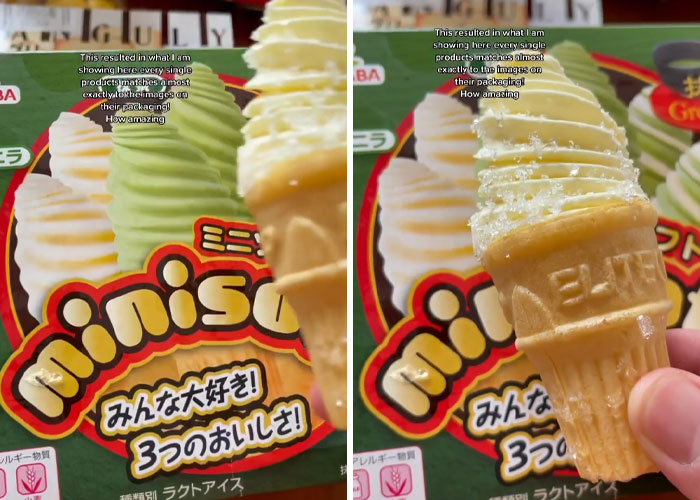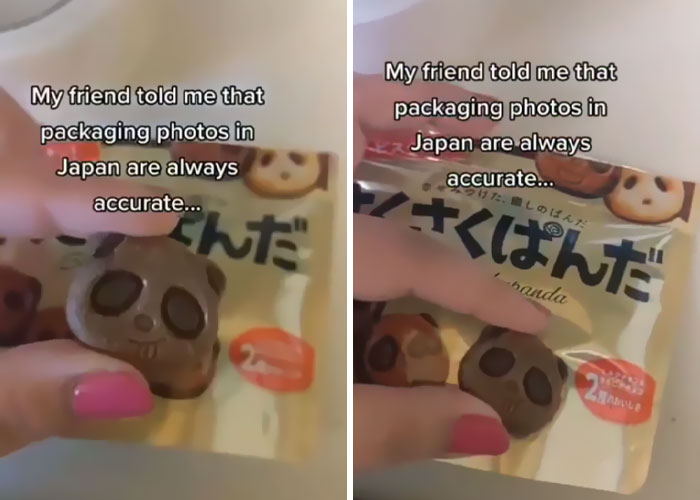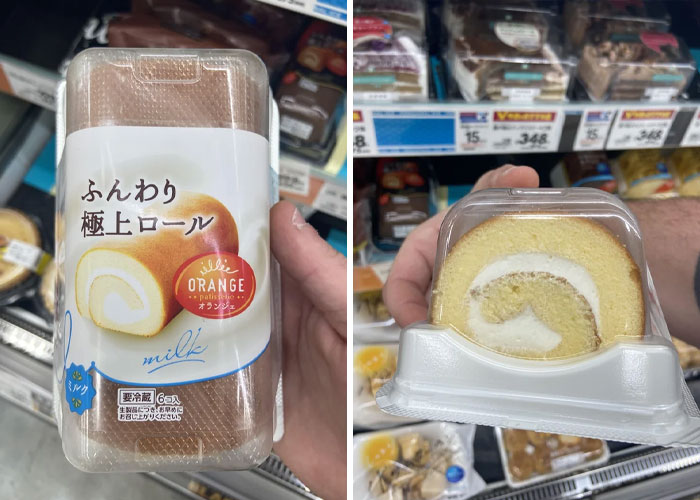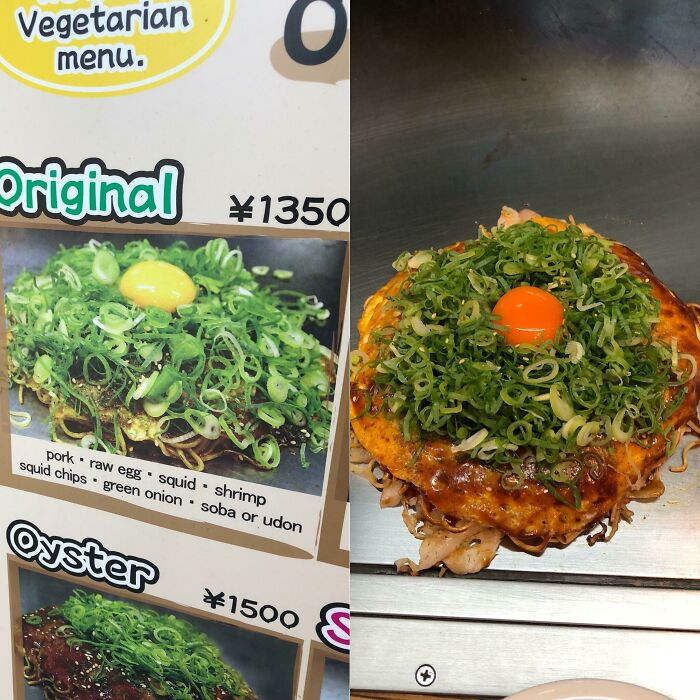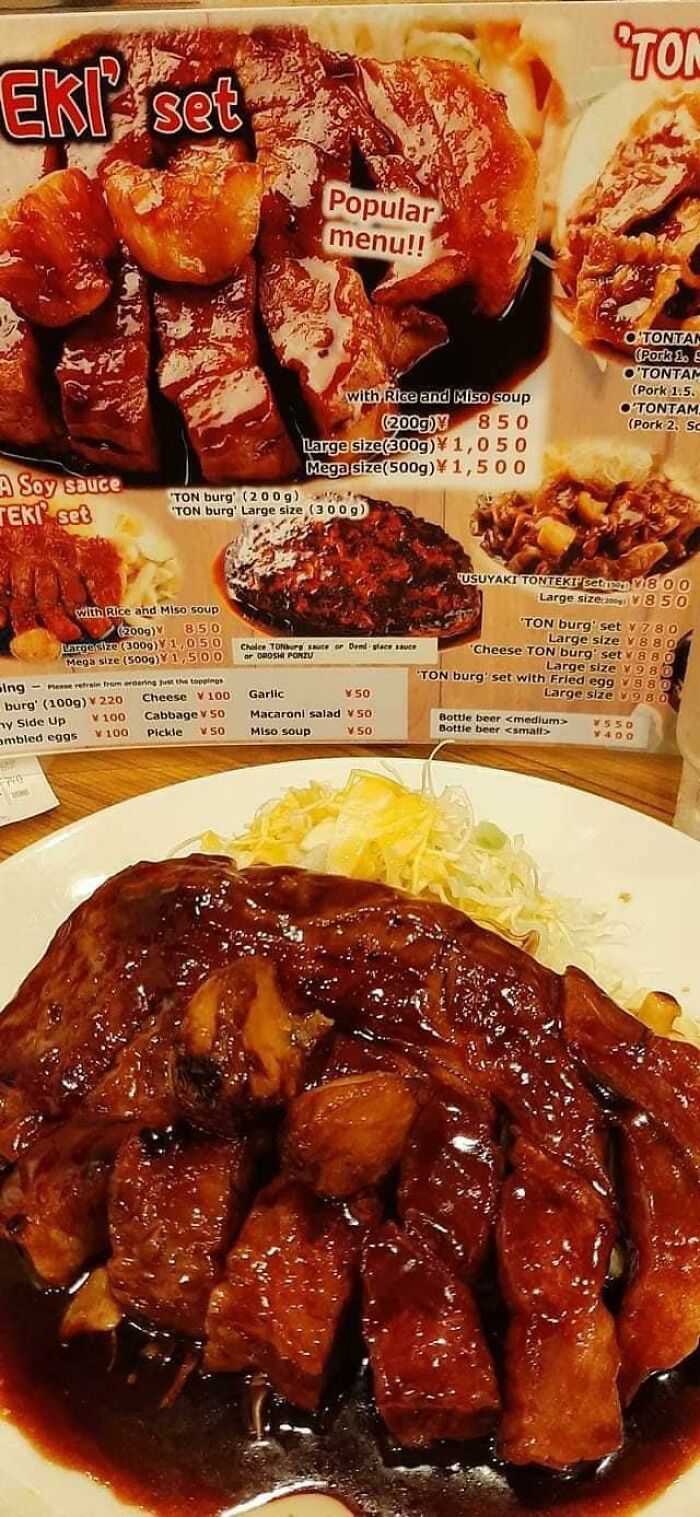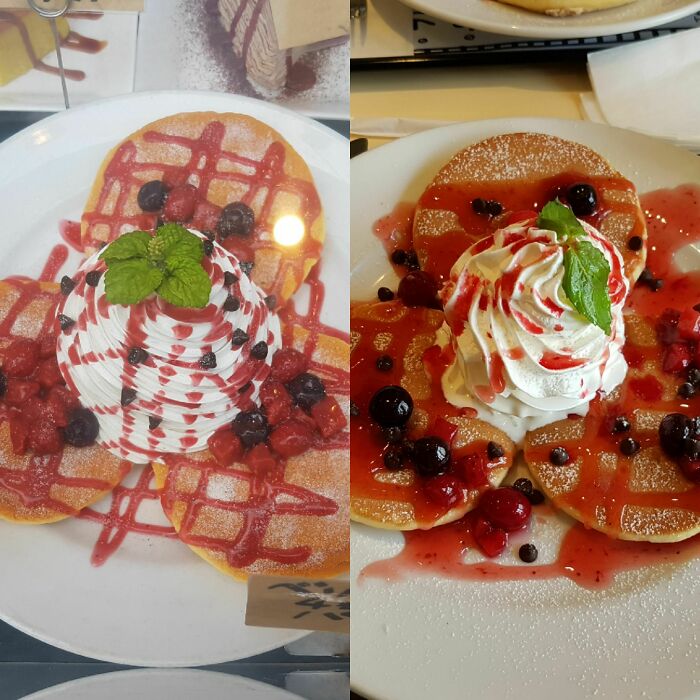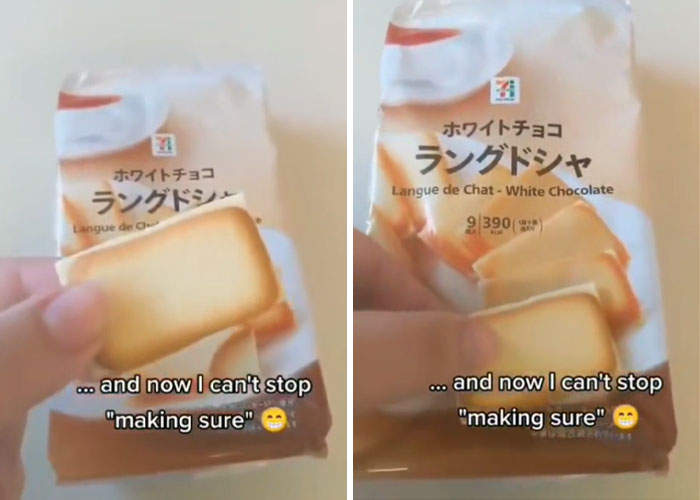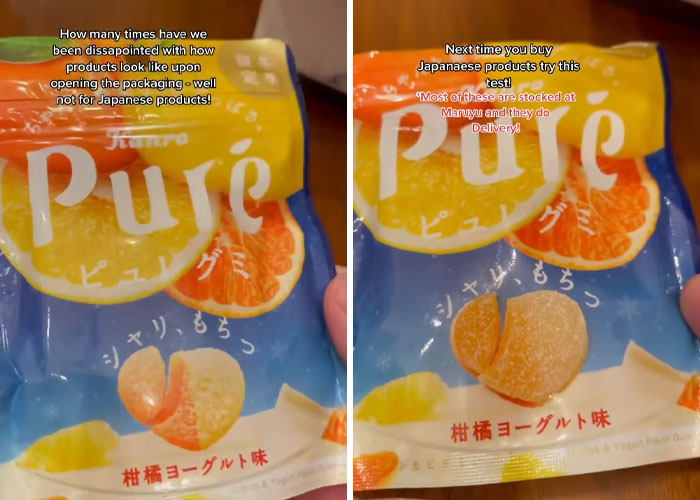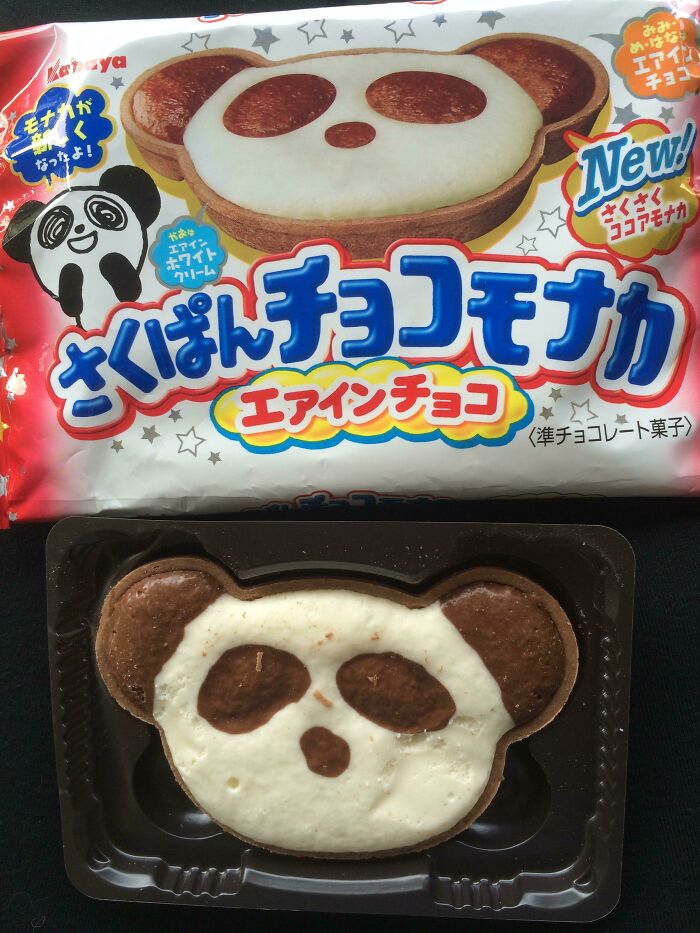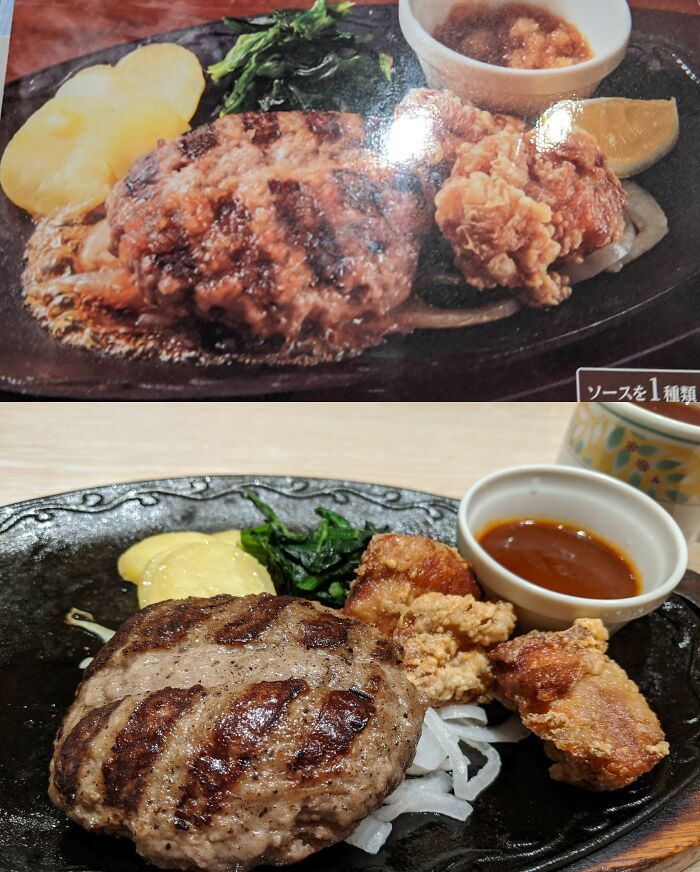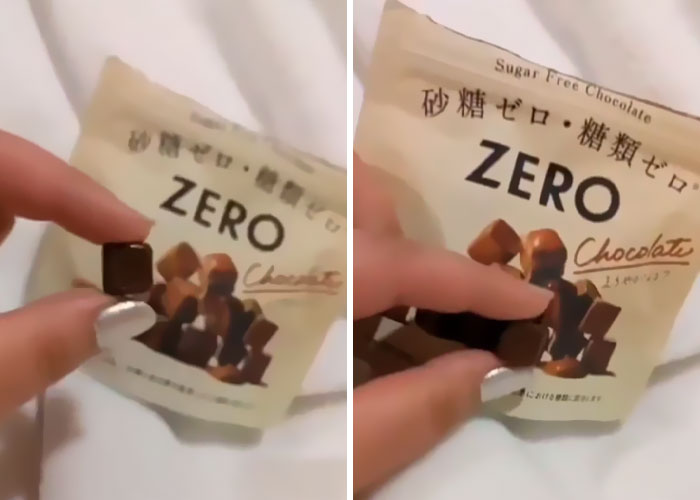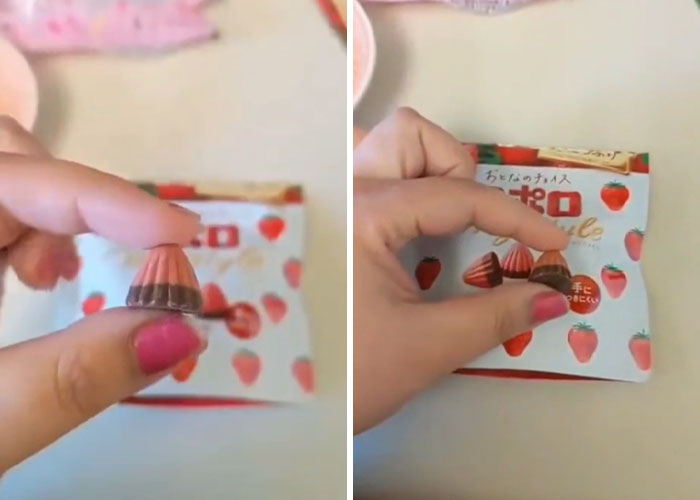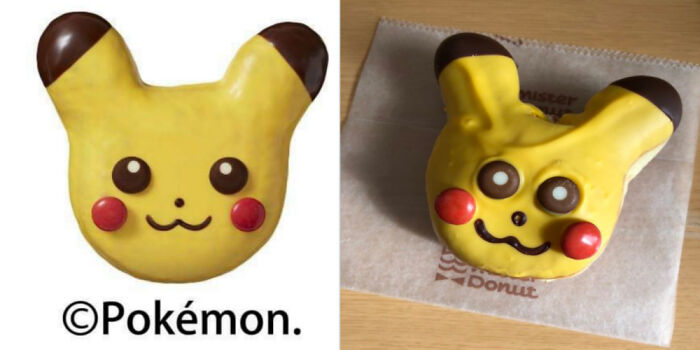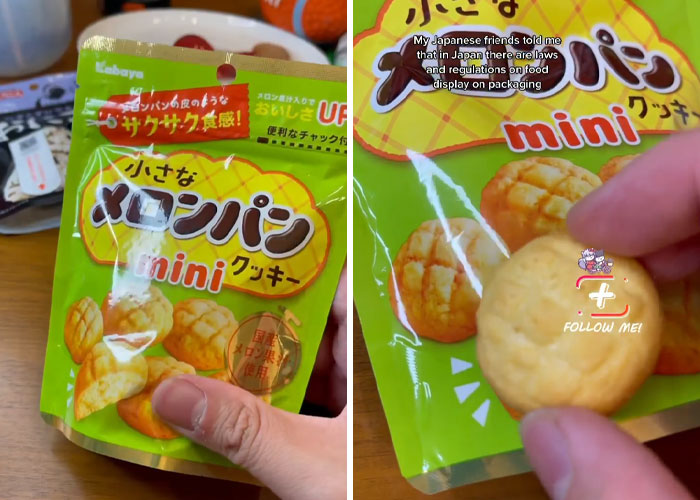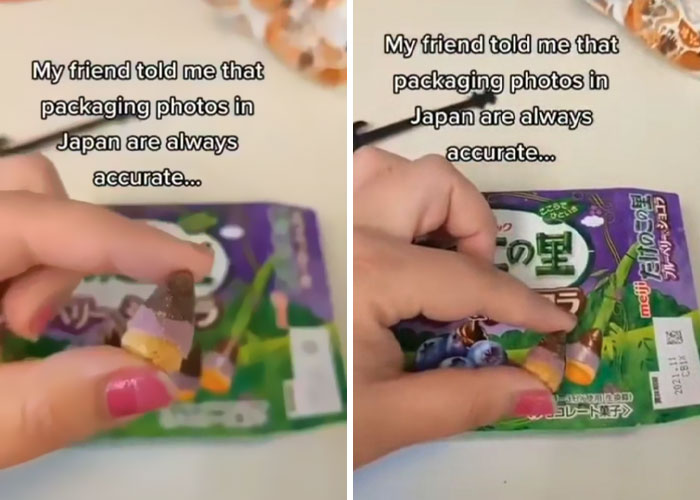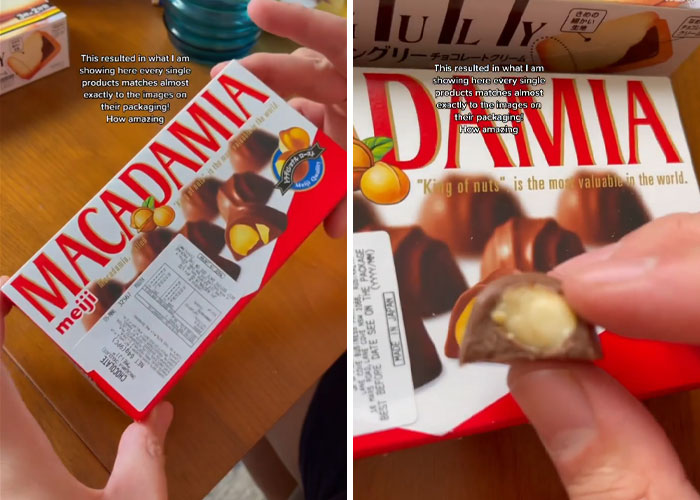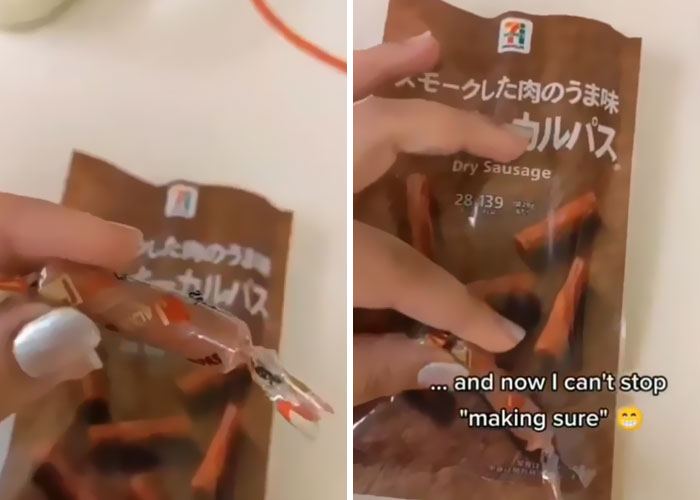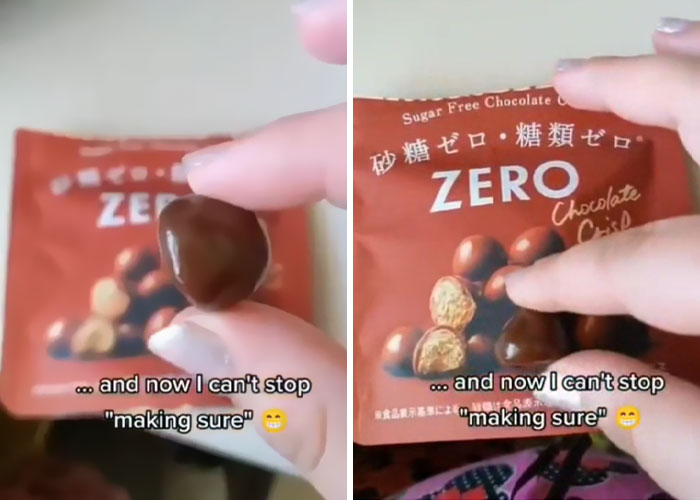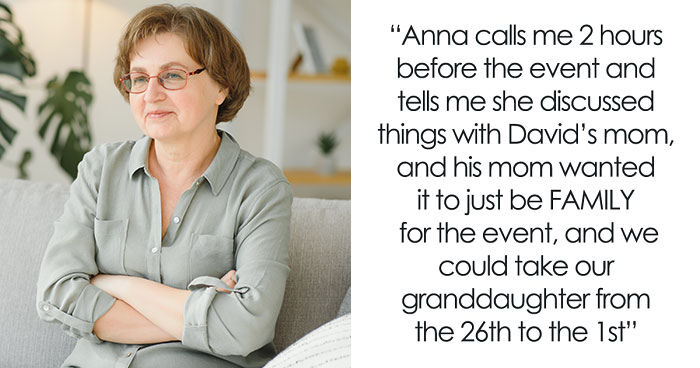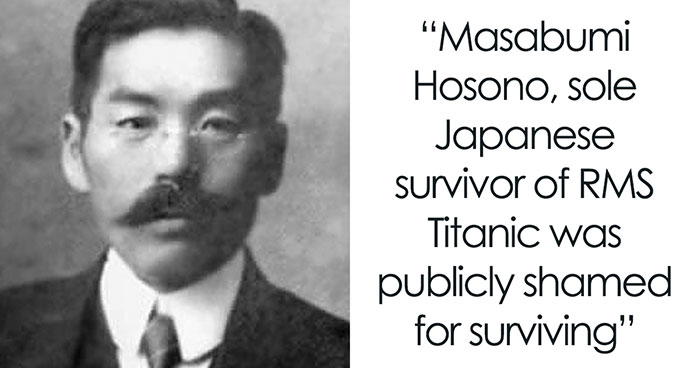Your expectations can drastically affect how you feel about something. We’ve probably all felt (over)hyped about buying or experiencing something before, only to be let down because the reality just isn’t as flashy as what we imagined. On the flip side, it feels incredibly nice to have your expectations met 100%.
The country that keeps delivering quality, user-friendly design is [drumroll] Japan. And we absolutely love it. So much so that we’ve collected some of the most accurate product packaging pics and food ads from the popular r/ExpectationVsReality subreddit to share with you, dear Pandas. This. Is. What. All. Ads. Should. Be. Like!
Personal finance expert Sam Dogen, the author of Buy This, Not That: How to Spend Your Way to Wealth and Freedom and the founder of Financial Samurai, answered a few of Bored Panda's questions about consumer expectations, the problem with (too much) hype, and what product creators can do to ensure more return customers. Read on for the expert's insights about communication and trust.
This post may include affiliate links.
Freshness Burger Japan
Japanese Ramen Is On Point!
Ice Cream In Japan
Sam, the founder of Financial Samurai and the author of the bestseller Buy This, Not That, shared his insights about consumer hype and expectations and how this relates to their reactions to products and services. He stressed that it is essential to ensure that the expectations are right.
"Getting the right consumer expectations is everything. If consumer expectations are too high, there will be an initial boost to product sales. But there won't be repeat customers or evangelists singing the product's praises because the end product is below expectations," the expert told Bored Panda.
"The consumer won't feel like the product is great value if expectations are too high," he said.
Ice Cream In Japan
In Japan, One Should Expect To Get What One Expects
I’m Not The First To Notice This, But Dang Are The Menus Accurate Here
We were interested in what product creators and service providers can do to help manage all of these expectations, so as to have more returning customers. Sam, from Financial Samurai, explained that proper communication is vital to building trust.
"Product creators can manage consumers' expectations by clearly communicating to consumers future product upgrades and features in the works. It's the whole idea of, 'If you like this product, you'll love the next version!'" he told Bored Panda.
"Once a company or creator delivers on expectations, then trust is built with the consumer," the author of Buy This, Not That said.
"Once you have the consumer's trust, then you should have long-term customers who will help spread the word and create more repeat customers."
The Exact Same Size
Almost Exactly The Same
And,, now I'm googling to se where I can buy treats from Japan, here in Sweden 😋
Mos Burger Japan Know What's Up
Having your expectations upended by what you find and buy at your local supermarket isn’t going to be earth-shattering. However, it still stings. Nobody enjoys being lied to, after all.
And ‘imaginative’ product packaging, aka false advertising, really is lying to the customer. Whether it’s offering them a bag of chips/crisps (depending on your location) that’s two-thirds full of air, or showing a fabulously photogenic photo of a tasty treat on the package that is nowhere close to the gunk you can see inside.
It’s an awful feeling to ask for a cheeseburger that looks pristine on the menu and have the server bring out a sloppy slider. It’s also what you feel when you book a gorgeous Airbnb listing only to turn the key, open the door, and find out that the photos were edited or made use of some truly creative angles to make the place seem better.
In short, we all deserve better. You know this. We know this. And we suspect that many companies know this, deep down (but profit comes first for many of them).
Denny’s In Tokyo, Japan. It Was Great!
American Cherry Pie Frapuccino In Japan
Packaging Checks Out
Odds are that after being the victim of false advertising and having your expectations dashed, you won’t be buying that same product again. Unless you don’t actually care about, say, the aesthetics of a particular snack; who knows, those cute panda-shaped cookies might’ve actually been delicious even if they were nowhere near picture-perfect.
However, it’s likely that no company will ever change its approach to packaging and ads unless consumers vote with their wallets and this then impacts the bottom line.
Japan has some very consumer-friendly advertising laws in place to protect everyone from shady practices.
For example, something that you have to be aware of is how you use words in your ads and on your product packaging. It’s vital that you’re not misleading anyone by creating facts from thin air.
In Japan When Expectations And Reality Are Same
Pleasantly Surprised
Only In Japan
Look at that gorgeous yolk. Chickens in Japan are definitely fed better. Beauty
Using hyperbole and exaggerations for the sake of impact is a big no-no. Something that you want to avoid is using claims that you can’t back up. For instance, if you can’t prove that your product is “the best” or “the tastiest” or whatever else, don’t claim it. That goes double for any medical products. Focus on facts, not daydreams.
From My Trip To Japan Exactly One Year Ago, The Only Place I've Visited Where Reality Exceeded Expectations
Those Japanese Food Samples (Left) Couldn't Meet My Expectations (Right) More Than This!
My my my, I'd love this. This looks yummy. Now I need to have breakfast.
Making Sure It's The Same
Something else that’s very much frowned upon in Japan is inventing inaccurate competitors’ prices to make your own product look like a better deal. You also can’t post misleading information of any future price-hikes that are ‘totally’ coming up. What’s more, you can’t dramatize the price of your product by putting it next to a fake, exaggerated, over-the-top past price.
You Can Barely See The Difference
Panda Wafer Looked Good And Tasted Great
At Denny's In Japan, Wysiwyg
The Denny's I went to outside Osaka served beer and whiskey. The local that I was having the business meeting with asked me if I wanted a drink. It was 10 AM.
Meanwhile, stealth and undercover marketing are also prohibited. For example, you can’t have product placements in films and TV shows without telling the viewer. Meanwhile, you’re not allowed to disguise ads as articles or videos where someone pretends to be ‘genuinely’ interested in a product or service.
Expectations And Reality Are The Same
Size Checks Out
Size And Color Match
Everything thing here in the US looks great in pics & in pkgs, but it's definitely not representing the actual item. I wonder how many folks from Japan are disappointed opening something here only to discover it was "Serving Suggestions"...
Aside from companies being more open, direct, and honest about what they’re providing, it also falls upon us to manage our own expectations… at least in part. Even if an ad or package is completely honest about what you’ll get upon purchase, we can still feel disappointed if we had vastly different expectations. For whatever reason!
Pikachu Promotional Donuts In Japan
Just As Advertised
I'm really surprised at how even the size is the same as on the packaging :00
The Photos On The Packaging Are Accurate
The gap between our expectations and the results is what leads to disappointment. Many of us know from experience that it’s best to have very low expectations and then end up being pleasantly surprised. After all, it beats being overhyped and then feeling as though you’ve been let down, no matter how great the product/service/experience/quintuple chocolate chip cookie was.
Almost The Exact Match
When Reality Matches The Expectations
In Japan When Expectations And Reality Are Same
Seems like most of the rest of the world could learn a few things about holding corporations accountable for advertising accuracy.
At the same time, we shouldn’t manage our expectations into oblivion. It’s good to have standards! It’s what keeps us dignified and reminds companies everywhere that they have to provide quality. However, those standards have to be somewhat realistic. You can’t expect perfection around every corner. You can, however, expect to get exactly what’s on the packaging in Japan!
Aussies may remember the consumer program The Checkout from a few years back. They used to have a "product vs packshot" segment where they showed the picture of some selected product and then showed the depressing reality of what was inside. No words needed, the images said it all
I miss The Checkout. I still refer to some of their stories (all on Youtube!)
Load More Replies...I love how Japan places such a great emphasis on gorgeous presentation and beautiful packaging. It makes me think that I’m eating something to be savoured and enjoyed.
Most of the time the packaging looks nothing like the products- mainly when it comes to size, but if you’d like to make an American version, be my guest
Load More Replies...That's what I love about Japanese restaurants and their food. Most places have plastic versions of their dishes on display to entice people into their restaurant and it never disappoints! Even their McDonald menu items look exactly as they do in the pictures. Why can't it be like that here?!
Because Japan is still a nation of craftspeople, but America long ago shifted to being a nation of salespeople.
Load More Replies...You do know that they use plastic food as menus also. The photos look like plastic food.
Alright, they don't have McDonald's In Japan? If you know, you know ;)
A little obsession with the seeing if the actual product is the same size as the picture on packaging. Got make sure it matches or else I can't eat it.
If only American packaging and advertising were so accurate and honest.
Japan is known to make food that looks like what u see in pics! They have a lot of pride in their food and make no mistake, they take food seriously!
Aussies may remember the consumer program The Checkout from a few years back. They used to have a "product vs packshot" segment where they showed the picture of some selected product and then showed the depressing reality of what was inside. No words needed, the images said it all
I miss The Checkout. I still refer to some of their stories (all on Youtube!)
Load More Replies...I love how Japan places such a great emphasis on gorgeous presentation and beautiful packaging. It makes me think that I’m eating something to be savoured and enjoyed.
Most of the time the packaging looks nothing like the products- mainly when it comes to size, but if you’d like to make an American version, be my guest
Load More Replies...That's what I love about Japanese restaurants and their food. Most places have plastic versions of their dishes on display to entice people into their restaurant and it never disappoints! Even their McDonald menu items look exactly as they do in the pictures. Why can't it be like that here?!
Because Japan is still a nation of craftspeople, but America long ago shifted to being a nation of salespeople.
Load More Replies...You do know that they use plastic food as menus also. The photos look like plastic food.
Alright, they don't have McDonald's In Japan? If you know, you know ;)
A little obsession with the seeing if the actual product is the same size as the picture on packaging. Got make sure it matches or else I can't eat it.
If only American packaging and advertising were so accurate and honest.
Japan is known to make food that looks like what u see in pics! They have a lot of pride in their food and make no mistake, they take food seriously!

 Dark Mode
Dark Mode 

 No fees, cancel anytime
No fees, cancel anytime 






